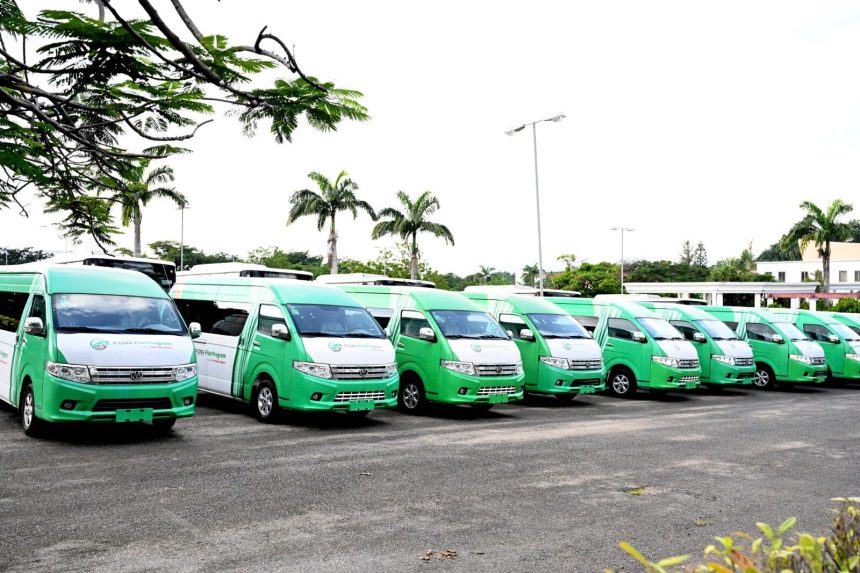
Presidential CNG initiative faces setback in Abuja, union accused of sabotage amid high fares
The Nigerian government’s Presidential Compressed Natural Gas Initiative (PCNGI), designed to ease transportation costs by promoting Compressed Natural Gas (CNG) as an alternative fuel, has encountered challenges in Abuja. Reports suggest that high transport fares persist despite efforts to transition vehicles from petrol to CNG. Additionally, some stakeholders have accused transport unions of sabotage, raising concerns about the effectiveness of the initiative.
The CNG Initiative and Its Goals
Launched in 2024, the PCNGI aims to reduce dependence on petrol and lower transportation costs by encouraging the use of CNG-powered vehicles. The program was introduced as part of Nigeria’s broader energy transition strategy following the removal of petrol subsidies, which led to soaring fuel prices nationwide. Through partnerships with transport unions and financial incentives, the government intended to make CNG a more affordable and sustainable alternative.
Challenges and Allegations of Sabotage
Despite these ambitious goals, implementation has faced obstacles. Commuters in Abuja report that transport fares remain high, undermining the expected cost reductions from CNG adoption. Some sources allege that certain transport unions are resisting the shift due to vested interests in maintaining the status quo. Accusations of deliberate sabotage, such as slowing down vehicle conversions and manipulating fare structures, have surfaced, though union representatives deny these claims.
Government’s Response and Next Steps
In response to the challenges, the PCNGI leadership has reaffirmed its commitment to expanding CNG infrastructure and vehicle conversions. Engr. Michael Oluwagbemi, the program’s director, highlighted ongoing investments exceeding $200 million in CNG refueling stations and vehicle retrofitting. The administration is also working to ensure compliance from transport unions while providing further incentives for adoption.
While the Presidential CNG Initiative remains a promising solution to Nigeria’s transportation crisis, its success hinges on effective implementation and cooperation from all stakeholders. Addressing resistance from unions and ensuring fare reductions reach commuters will be critical to achieving the program’s objectives.




